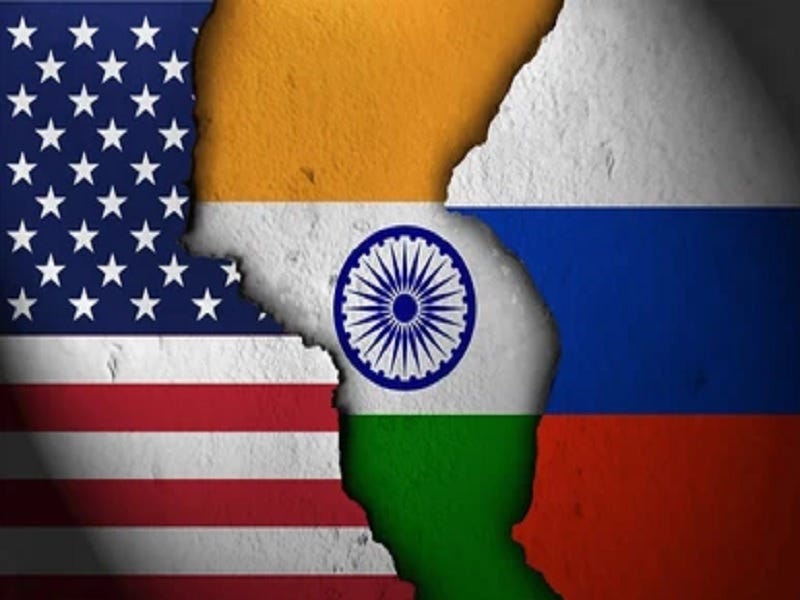Unfriendly official statements and related media reporting are aimed at manipulating voters’ perceptions about the incumbent as well as smearing India’s reputation on the world stage.
Russian Foreign Ministry spokeswoman Maria Zakharova accused the US of meddling in India’s ongoing elections last week through sensational allegations against its authorities by the American government and its media allies. This followed top Indian diplomat Dr. Subrahmanyam Jaishankar claiming that the Western media is trying to be a “political player” in these same elections, promising that India won’t rely on “imported (policy) prescriptions” anymore, and correcting Biden’s false claim about its economy.
The larger context concerns the newfound trouble in Indo-US ties caused by the first’s refusal to subordinate itself as the second’s “junior partner”, which took the form of the US then accusing India of conspiring to assassinate a Delhi-designated dual US citizen on American soil last summer. In parallel with this, the US also claims that India is experiencing a democratic backslide under Prime Minister Narendra Modi and has fearmongered about the safety of minorities over the past eight years.
Official innuendo that his ruling BJP is persecuting the opposition also toxified ties, as did some media’s efforts to deviously pit North and South India against one another for divide-and-rule purposes. At the same time, there’s also outrage over India’s comprehensive strengthening of strategic ties with Russia despite unprecedented American pressure to distance itself from that country. All of this combined to destroy hard-earned mutual trust over the decades and create an unofficial crisis in Indo-US relations.
It’s against this backdrop that the US ramped up its meddling in India’s ongoing elections through increasingly unfriendly official statements and related media reporting aimed at manipulating voters’ perceptions about the incumbent as well as smearing this rising power’s reputation on the world stage. Although External Affairs Minister Jaishankar clearly hinted at this in his previously mentioned statements, he won’t directly say so since he’s a world-class diplomat who won’t burn any bridges.
At the end of the day, Indian and American interests align with respect to managing China’s rise even though the US is gradually replacing India’s role in its envisaged regional strategy through the newly formed “Squad”, which will reduce the collateral damage if Indo-US ties continue worsening. India also appreciates the US’ role as one of its top trade and investment partners, while many American businesses appreciate India’s similar such role for their country, though a trade deal has proven elusive.
Seeing as how their military and economic interests still converge despite the latest friction in their political ties, India won’t say anything that could irreversibly worsen their relationship, though it also won’t stay silent as the US meddles in its elections and smears its international reputation either. Its official statements thus far convey its displeasure with the latest developments, but Russia’s most recent one gives voice to India’s concerns in ways that Delhi’s representatives can’t for diplomatic reasons.
“The Week’s” Sanjib Kr Baruah observed that “India in a diplomatic spot after Russia spokesperson’s charge on US”, arguing that its multi-alignment between both on different fronts makes it difficult to criticize either, but the reality is that India is likely glad that Russia called the US out so directly. This accusation proliferated across its global information ecosystem and thus drew worldwide attention to America’s unfriendly moves, which further worsened the US’ reputation while upholding India’s.




